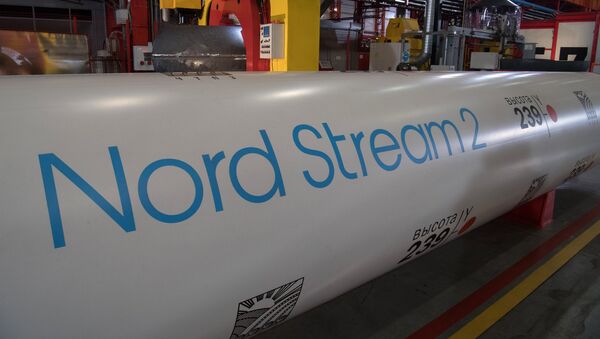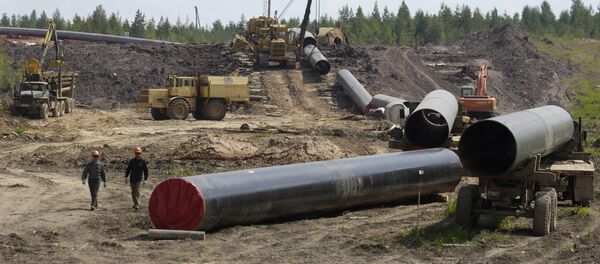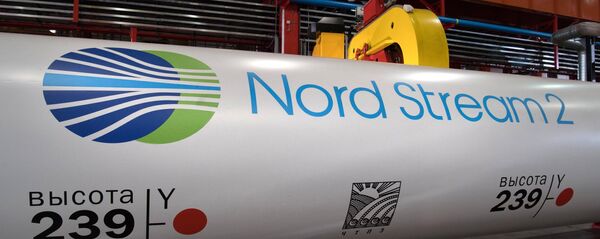There is "no need" for the Nord Stream 2 gas pipeline because of declining consumption in Europe, the EU Commission has announced.
The pipeline is planned to deliver 55 billion cubic meters of gas each year from Russia to Europe via a pipeline more than 1,200 km long, extending across the Baltic Sea floor from Vyborg in Russia to Greifswald in Germany.
However, in a press release published November 8, Brussels stated that "gas imports to the EU are expected to remain stable by 2030, due to declining domestic production and consumption."
"With the existing well-developed import infrastructures and the expected competitiveness of LNG supplies after 2020, the Commission sees no need for new infrastructure of the magnitude of Nord Stream 2. In addition, the EU will continue supporting Russian gas imports transiting through Ukraine," the EU Commission concluded.
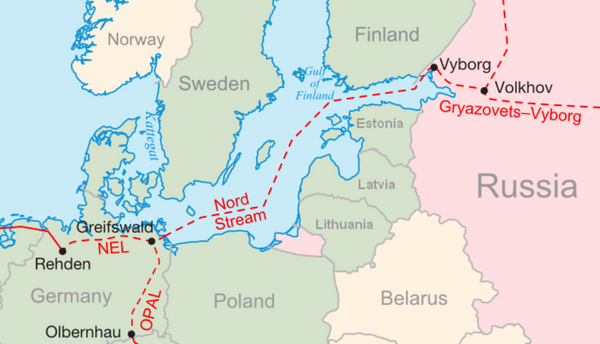
Preliminary Eurostat data shows that EU gas consumption increased by 11% year-on-year in the second quarter of 2017. Over the whole of 2016, EU gas demand reached nearly 5,000 terawatt hours, or 465 billion cubic meters; this was a 7% increase in comparison with the previous year. However, the EU's gas production decreased by 3% over the same period.
"We must also keep in mind the results of various policies aimed at encouraging greater energy efficiency. Clearly natural gas is not the fuel of choice in Europe," Perrin said.
In the second quarter of 2017, EU gas imports were 8% higher than a year earlier, driven by increasing flows from Russia and rising LNG imports. Russia remained the EU's top gas supplier, providing 43% of extra-EU imports. In second place was Norway, which provided 16%. LNG imports to Europe increased to provide 16% of supply, the highest level in four years.
From March-June the EU's main LNG supplier was Qatar, which provided 46%, followed by Nigeria (21%) and Algeria (15%). For the first time, US LNG imports reached northern European ports in the Netherlands, Poland and the UK, but its overall market share was just 2%.
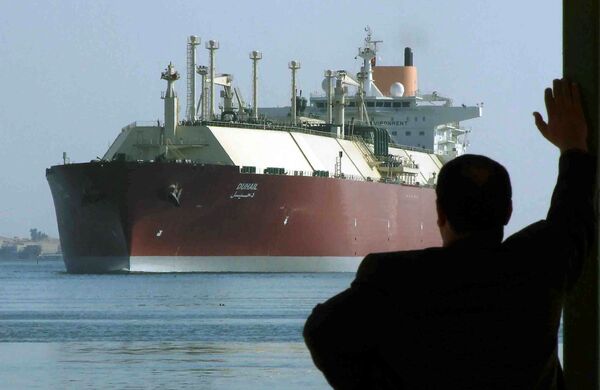
Perrin told Sputnik that the fall in European gas production "will generate opportunities for new sources of gas imports into the EU … We should thus not too rapidly bury this energy source which has a bright potential."
Russia would remain the EU's largest gas supplier even in the event of the cancellation of the proposed Nord Stream 2 project, Perrin said.
"Nobody in Brussels, Berlin, London, Paris or Rome (and in some other capitals) is thinking that Europe no longer needs Russian gas. The key issue is: will Europe increase, stabilize or reduce its imports of Russian gas and Gazprom's market share within the EU? But, even in the last scenario, which implies a greater diversification of European gas supplies, Russia would remain the leading gas exporter to Europe."
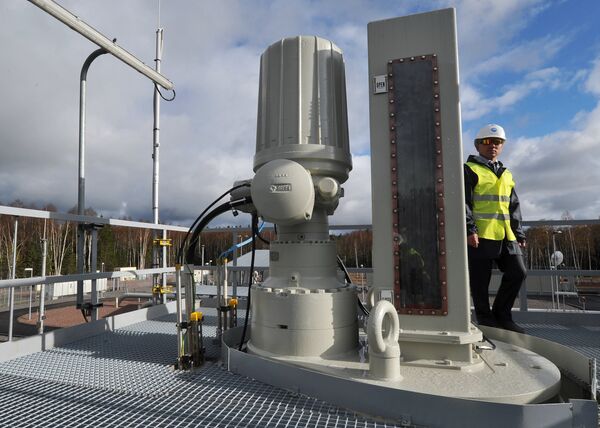
"A greater diversification of EU gas and energy supplies is one of the main points of the Energy Union, which was presented at the beginning of 2015 by the European Commission. The link with the Russia-Ukraine crisis is crystal clear. There is also the weight of the EU-US relationship and the risk of sanctions coming from Washington," Perrin said.
"Clearly these tensions will not contribute to improve this relationship. But it is like the chicken or the egg story. The Russia-EU relationship is tense since 2014 and this has a negative impact on the Nord Stream 2 project. And the tensions over Nord Stream 2 will further degrade this relationship. Beyond energy and economics the dispute is mostly political. And you need political solutions to political problems," Perrin said.

